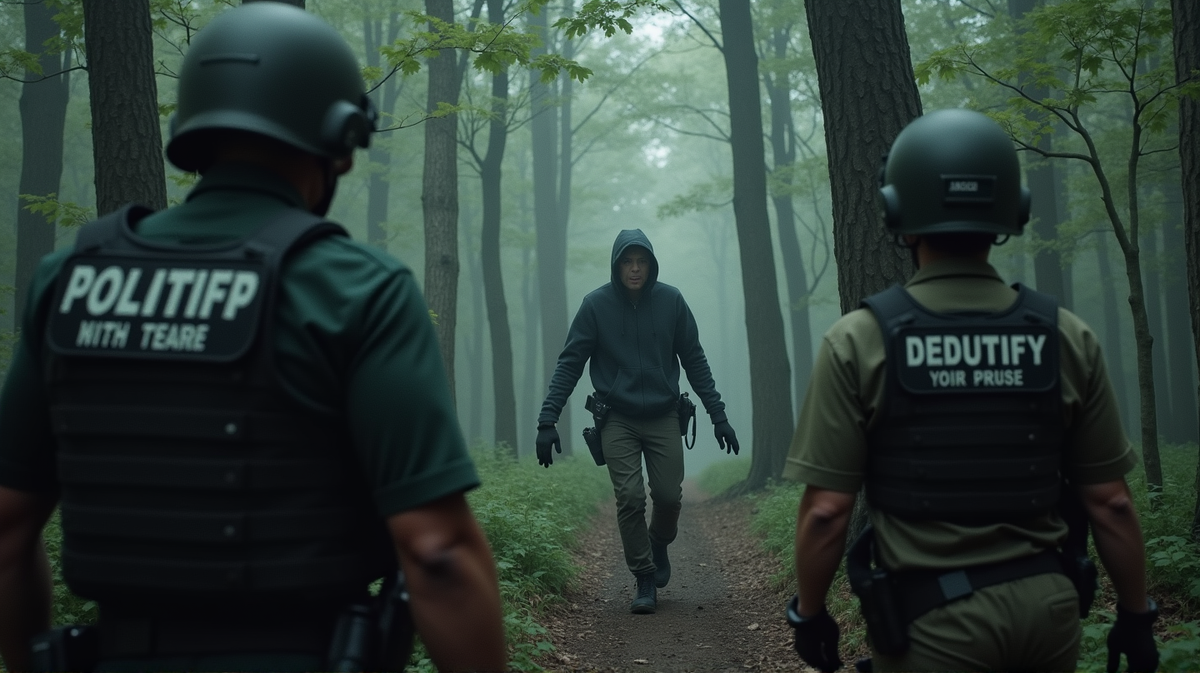Escalated Mental Health Crisis Leads to Chaotic Encounter in Klickitat County
A routine call escalates into chaos as deputies face violence during mental health crisis intervention, leaving two injured.

A Routine Call Turns Dangerous
A typical response to a “psychotic episode” spiraled into an intense struggle in Klickitat County, highlighting ongoing challenges in managing mental health emergencies. What began as a routine call ended with two deputies injured and a young man facing five felony charges.
A Startling Revelation in the Woods
Late in the afternoon of September 6th, 2025, deputies responded to a 27-year-old male reportedly experiencing a severe mental health crisis. It was noted that the individual was allegedly under the influence of drugs like LSD, Ketamine, and a significant amount of Marijuana, making the encounter unpredictable and hazardous.
A Dangerous Turn of Events
The responding deputies found the individual in the woods, shirtless and wearing shorts, attempting to bring down trees with a chainsaw. Upon attempting to communicate and offer mental health support, the conversation took a turn for the worse. The subject made a sudden move for the chainsaw, prompting a defensive reaction from the officers.
A Struggle for Safety
The encounter escalated into a physical altercation, with the deputies wrestling the subject to the ground. According to Columbia Community Connection, both deputies sustained injuries during the melee, with the subject resorting to biting and spitting in their attempts to resist apprehension.
Community Response: A Unified Front
Following the intervention, the young man was transported to a hospital for evaluation before being taken into custody. The incident, although challenging, exemplified a coordinated effort among local law enforcement, with the Bingen White Salmon Police Department, Hood River Police Department, Hood River Sheriff’s Office, and the Washington State Patrol rallying in support of the response.
Concluding Thoughts
This incident underscores the pressing need for effective strategies and protocols when dealing with mental health emergencies, emphasizing the role of community and interdepartmental cooperation in ensuring safety and stability in such volatile situations. As stated in Columbia Community Connection, this unified approach prevented what could have been a far more tragic conclusion.





